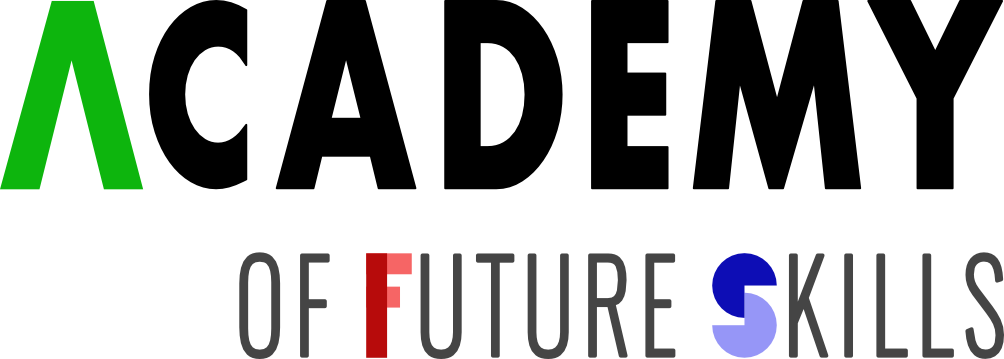Today I want to tell you a little tale that – of that I am sure – many of you have experienced in pretty much the same way. Lately, I met Marc. Marc is a clever guy, and he works as an entrepreneur in tech. We met in an online seminar about the latest technological trends and how we can harness the possibilities to create something awesome. One key point for him and one very important cornerstone of him to do that was knowledge. The (only) way he could see to generate this knowledge was artificial intelligence. Period. No discussion. And I get it. He is a tech guy and makes his money with technologies of the future. So, if you expect any person to be fully committed to that, it should probably be the ones we invest in. However, we have all heard of the problems with these approaches.
A day earlier I spoke to a friend of mine. Sam is working in the education sector and he is helping teachers make sense of the frenzy that is our education systems in the Western world. We both agreed that our education systems are not made for an individual learning journey. You could argue that they weren’t even made for learning. We put pupils and students through a standardized information delivery process that does not necessarily have a focus on connecting the dots. Either you thrive in this system, or you don’t. But that’s your problem then. So, I support the idea that knowledge needs to be created in some other way than what we learn in our education systems. But I also think that seeing AI as our only chance to generate new knowledge and insights to me seems like taking the easy route.
I already wrote in an earlier article, how knowledge comes to be. Data is categorized to generate information and this information then is enriched with context. Learning is the process to obtain knowledge. And normally we do that to survive. Knowledge is power, and knowledge also is survival.
In the early history of humans, we found berries and ate them. In the better cases, we only felt sick and had a chance to never try that berry ever again. Today we don’t necessarily need to worry so much about what or what not to eat, thank God for food regulations. But we learn how to drive a car without having deadly accidents, or – with a lot less deadly consequences, even if that might feel different in the situation – learn how to not “reply all” on a company-wide email. And with every bit of knowledge we gain, we feel more and more secure about what we do, how we do it, and why we do it. Knowing stuff even allows us to make predictions and deal with unexpected situations.
Sometimes however we’re not too keen on the experience we have to make in order to gain that knowledge. The problem with knowledge is it doesn’t just come to us. We must work for it. It doesn’t just show up. We must look for it. And it doesn’t just stay. We must use it. Knowledge is not static. It is flexible, malleable, it grows and forms nets.
“Nothing happens in contradiction to nature, only in contradiction to what we know”. This quote was taken from Scully, one of the main characters from the 90ies TV show “The X-Files”. If you deal with aliens on a regular basis, that is probably a mindset you want to cherish to stay sane. Normally we don’t have to deal with extraterrestrials in our day-to-day life. But we might feel like other things are alien to us. Because they do not fit what we expect of them or what we think of them based on our knowledge. We could question what we know, of course. We could try to find out what we don’t know.
But that takes effort and reflection. And it definitely asks for the courage to say, “I don’t know” or “I am not sure”. So many shy away from this reflection. This courage sometimes can put us outside of the playing field. Especially our Business world doesn’t seem to know these phrases and has a lot of expectations of everyone who wants to play in it. Or it shows us the consequences of our biases and we are not willing to look at them and change our behavior.
And here’s probably the catch, AI enthusiasts – knowingly or not – promote: AI does not live within the restrictions we put ourselves under. We actually expect AI to come up with the unexpected, new, surprising insights we cannot see. We expect AI to connect the dots we cannot associate. So yes, AI shows us new insights that we might not have generated because we allow a machine what we do not allow ourselves: To think outside the box.
Oh, the irony.
